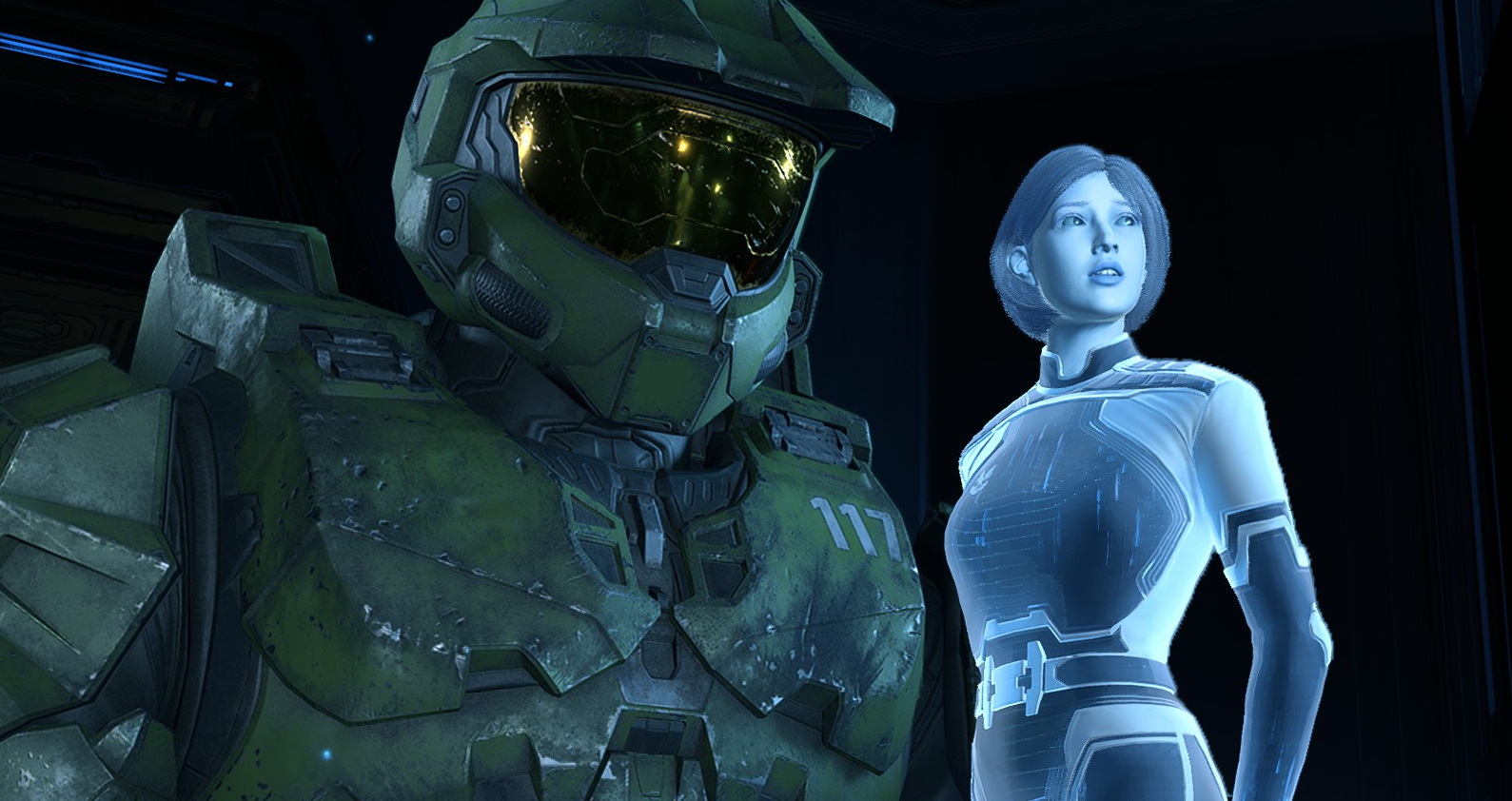The story is set in the 26th century, where humanity is at war with the Covenant. The series follows Master Chief as he navigates through the conflict, which has escalated to a point where the fate of the entire universe is at stake.
The Covenant is a group of alien species that are united under a single religion and led by the Prophets. The Covenant is the primary antagonist to the human race.
The Covenant is made up of several alien species, including the Sangheili (also known as Elites), the Grunts, the Jackals, and the Brutes. Each species has its own unique characteristics and abilities, making the Covenant a formidable foe for the humans to face.
The Covenant's goal in the game is to activate the Halo Array, which is a set of massive ring-shaped structures designed to wipe out all life in the galaxy. The Prophets believe that activating the Halo Array will allow their species to transcend into a higher plane of existence.
The series also introduces The characters, such as Cortana, an artificial intelligence construct that assists Master Chief in his missions, and Dr. Catherine Halsey, the creator of the Spartan program that produced Master Chief.
The show explores themes such as the morality of war, the nature of humanity, and the impact of technology on society.
Comments
Post a Comment